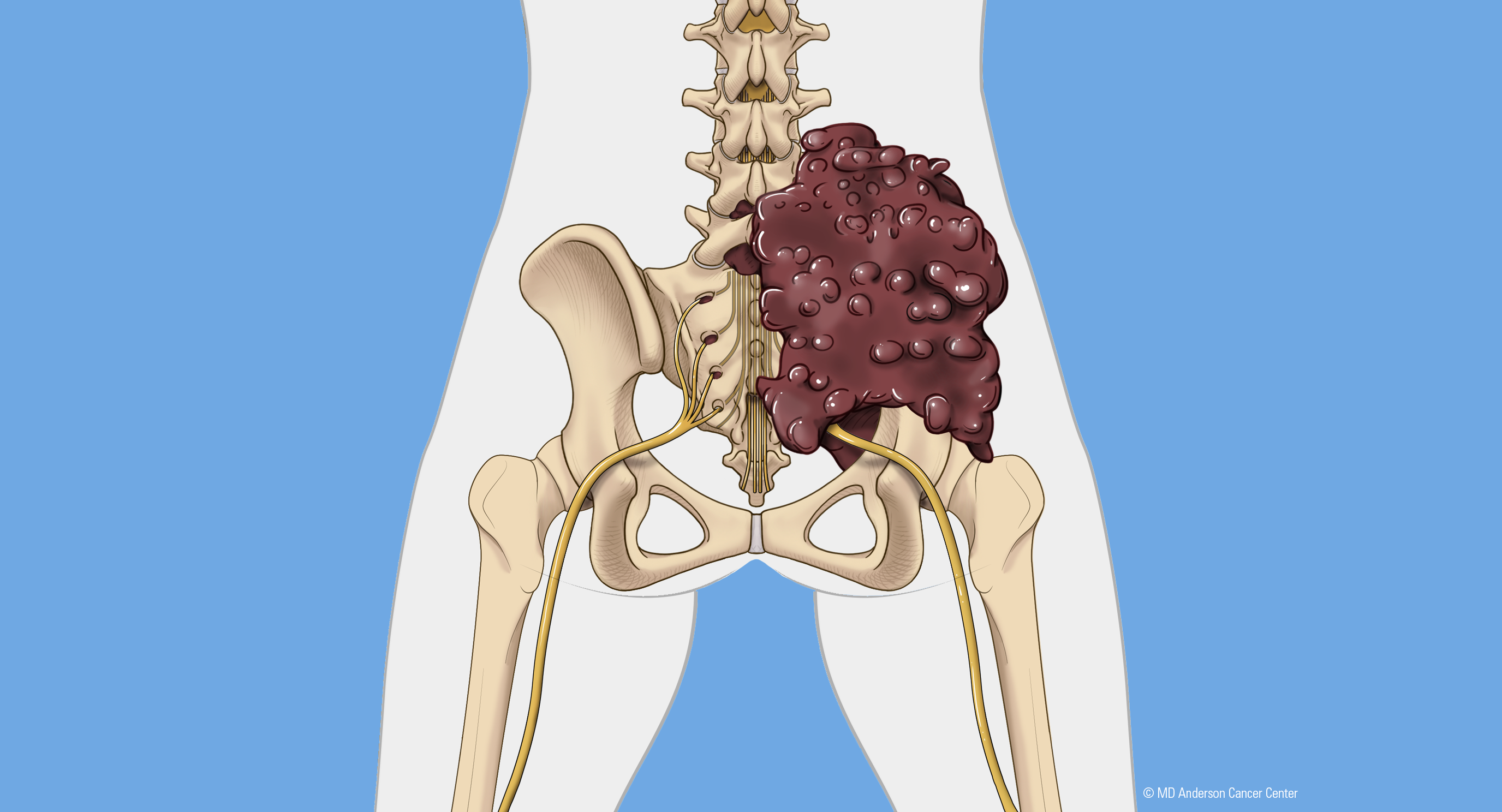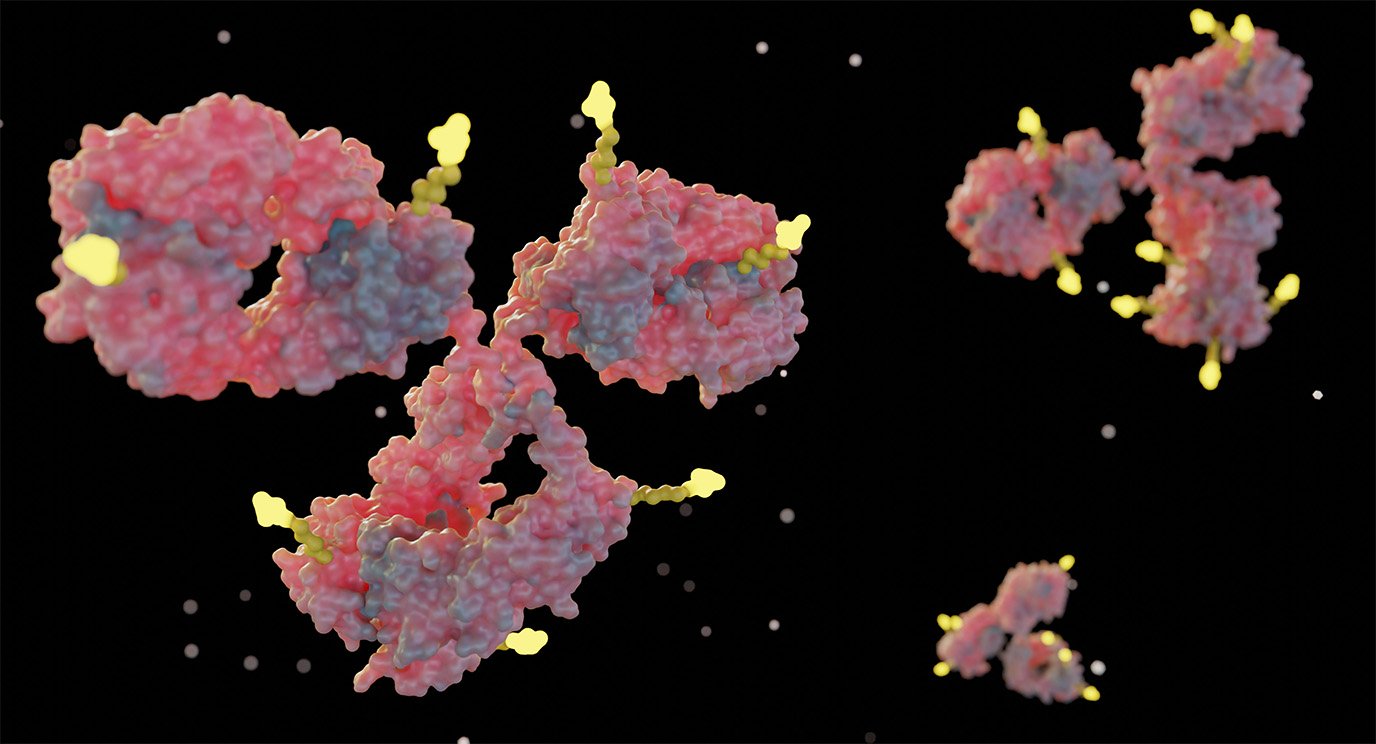- Diseases
- Acoustic Neuroma (14)
- Adrenal Gland Tumor (24)
- Anal Cancer (68)
- Anemia (2)
- Appendix Cancer (16)
- Bile Duct Cancer (26)
- Bladder Cancer (72)
- Brain Metastases (28)
- Brain Tumor (232)
- Breast Cancer (714)
- Breast Implant-Associated Anaplastic Large Cell Lymphoma (2)
- Cancer of Unknown Primary (4)
- Carcinoid Tumor (8)
- Cervical Cancer (158)
- Colon Cancer (166)
- Colorectal Cancer (116)
- Endocrine Tumor (4)
- Esophageal Cancer (44)
- Eye Cancer (36)
- Fallopian Tube Cancer (8)
- Germ Cell Tumor (4)
- Gestational Trophoblastic Disease (2)
- Head and Neck Cancer (12)
- Kidney Cancer (128)
- Leukemia (342)
- Liver Cancer (50)
- Lung Cancer (286)
- Lymphoma (278)
- Mesothelioma (14)
- Metastasis (30)
- Multiple Myeloma (100)
- Myelodysplastic Syndrome (60)
- Myeloproliferative Neoplasm (4)
- Neuroendocrine Tumors (16)
- Oral Cancer (100)
- Ovarian Cancer (172)
- Pancreatic Cancer (160)
- Parathyroid Disease (2)
- Penile Cancer (14)
- Pituitary Tumor (6)
- Prostate Cancer (146)
- Rectal Cancer (58)
- Renal Medullary Carcinoma (6)
- Salivary Gland Cancer (14)
- Sarcoma (238)
- Skin Cancer (296)
- Skull Base Tumors (56)
- Spinal Tumor (12)
- Stomach Cancer (64)
- Testicular Cancer (28)
- Throat Cancer (92)
- Thymoma (6)
- Thyroid Cancer (96)
- Tonsil Cancer (30)
- Uterine Cancer (80)
- Vaginal Cancer (16)
- Vulvar Cancer (20)
- Cancer Topic
- Adolescent and Young Adult Cancer Issues (20)
- Advance Care Planning (10)
- Biostatistics (2)
- Blood Donation (18)
- Bone Health (8)
- COVID-19 (362)
- Cancer Recurrence (120)
- Childhood Cancer Issues (120)
- Clinical Trials (630)
- Complementary Integrative Medicine (22)
- Cytogenetics (2)
- DNA Methylation (4)
- Diagnosis (232)
- Epigenetics (6)
- Fertility (62)
- Follow-up Guidelines (2)
- Health Disparities (14)
- Hereditary Cancer Syndromes (126)
- Immunology (18)
- Li-Fraumeni Syndrome (8)
- Mental Health (116)
- Molecular Diagnostics (8)
- Pain Management (62)
- Palliative Care (8)
- Pathology (10)
- Physical Therapy (18)
- Pregnancy (18)
- Prevention (914)
- Research (392)
- Second Opinion (74)
- Sexuality (16)
- Side Effects (604)
- Sleep Disorders (10)
- Stem Cell Transplantation Cellular Therapy (216)
- Support (402)
- Survivorship (320)
- Symptoms (182)
- Treatment (1786)
Anal cancer vs. colorectal cancer: What’s the difference?
3 minute read | Published July 25, 2023
Medically Reviewed | Last reviewed by an MD Anderson Cancer Center medical professional on July 25, 2023
Anal cancer and colorectal cancer both develop in the lower gastrointestinal tract, but these types of cancer differ in many ways.
We spoke with gastrointestinal radiation oncologist Emma Holliday, M.D., to learn more about the differences between anal cancer and colorectal cancer.
What parts of the lower digestive system do anal cancer and colorectal cancer affect?
Anal cancer affects the anal canal and anus.
Colorectal cancer affects the large intestine, including the cecum, ascending colon, transverse colon, descending colon, sigmoid colon and rectum.
What are the risk factors for anal cancer and colorectal cancer?
The most common cause of anal cancer is the human papillomavirus (HPV), particularly types 16 and 18, which cause 90% of anal cancers and precancers.
Other less common risk factors for anal cancer include:
- HIV infection
- smoking
- a weakened immune system caused by medicines taken for organ transplants, autoimmune diseases or other conditions
You’re at greater risk for colorectal cancer if you have:
- history of precancerous polyps
- genetic syndromes, such as familial adenomatous polyposis or Lynch syndrome
- inflammatory bowel diseases, such as Crohn’s or ulcerative colitis
Other risk factors for colorectal cancer include:
- a diet high in processed meats and low in fruits and vegetables
- lack of physical activity
- being overweight
What are the symptoms of anal cancer and colorectal cancer?
There are some overlapping symptoms. Anal cancer and colorectal cancer can both cause:
- weakness or fatigue
- unexplained weight loss
- belly or pelvic pain
- changes in bowel habits, such as:
- anal or rectal bleeding
- constipation
- diarrhea
- urgent bowel movements
- difficulty controlling bowel movements
Symptoms specific to anal cancer include:
- itching or pain around the anus
- lumps in or around the anus
- pain in the anus when passing bowel movements
Symptoms specific to colorectal cancer include:
- abdominal pain
- bloating
- a feeling that the bowels don’t empty completely
Anal cancer and colorectal cancer often have symptoms that can be mistaken for other conditions. For example, anal cancer is often misdiagnosed as hemorrhoids. This is why regular cancer screenings are so important. Be sure to get a colonoscopy or seek a second opinion if your symptoms don’t resolve in a few weeks.
How are anal cancer and colorectal cancer diagnosed?
Anal cancer and colorectal cancer can be diagnosed at regular screening colonoscopy exams, even before a patient develops symptoms.
If you develop symptoms in between screening colonoscopies, a diagnostic colonoscopy can be performed to look inside the anal canal, rectum and colon to check for cancer. A biopsy can be performed to determine whether or not cancer is present.
How are anal cancer and colorectal cancer treated?
The most common type of cancer cell causing anal cancer is squamous cell carcinoma. It responds well to and is most commonly treated with radiation therapy and chemotherapy delivered together. We can sometimes use a procedure called a local excision to remove very small and early-stage anal cancers that have not metastasized to the lymph nodes and do not invade the sphincter. This represents a minority of anal cancer cases.
Treatment options for colorectal cancer differ depending on the location of the cancer. Tumors in the colon can be treated with surgery alone, or chemotherapy may be given before or after surgery, depending on the size of the tumor and whether or not the cancer has spread to lymph nodes.
Tumors in the rectum have a higher chance of coming back after surgery, so rectal cancer is often treated with chemotherapy and/or radiation therapy before surgery. Patients with rectal cancer have several treatment options, depending on the location of the tumor in the rectum, its size and whether the cancer has spread to lymph nodes. These treatment options are:
- chemotherapy followed by surgery and no radiation if the tumor shrinks enough after chemotherapy
- chemotherapy followed by radiation and no surgery if there is no cancer left after chemotherapy and radiation
- chemotherapy, radiation and surgery if there is a high risk of recurrence
Getting the right diagnosis is the best way to ensure you get the correct treatment. And with early detection, both anal cancer and colorectal cancer can be successfully treated.
Request an appointment at MD Anderson online or by calling 1-844-266-7076.
Related Cancerwise Stories

Anal cancer and colorectal cancer can be diagnosed at regular screening colonoscopy exams, even before a patient develops symptoms.
Emma Holliday, M.D.
Physician






